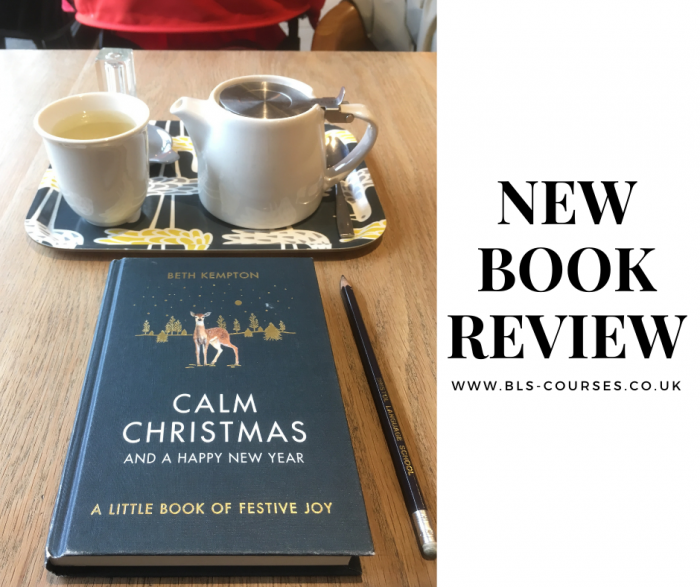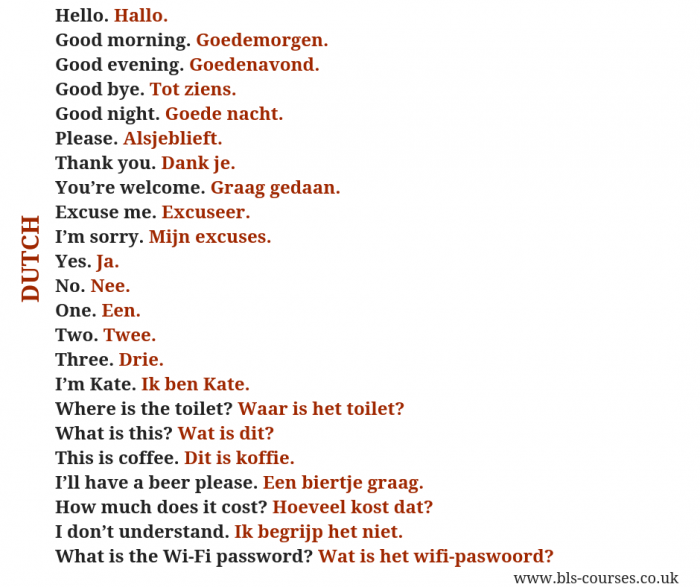What a fantastic compendium of practical knowledge for bilingual families! I found the publication interesting to read, as it implements stories from the author’s own experience and quotations from bilingual families, and these make the whole reading experience much more alive and real.
As we read on the back cover, the author Una Cunningham is an Associate Professor in Modern Languages at Stockholm University in Sweden, and she raised her 4 children to speak English and Swedish.
Growing Up with Two Languages is mostly a practical read, but it also has a short chapter devoted to research and further reading. We read there that most of the world’s population speak more than one language, this may well mean that we should question monolingualism in our society and see it as a (curable!) problem. (vide Li Wei, p. 165)
The book refers to many topics that new or well-established bilingual parents may find interesting to learn about, such as balancing two languages, dealing with public/family reactions to bilingual upbringing, the one parent-one language method, cultural competence, active and passive languages, practical advice from the author and from other bilingual parents (e.g. feed your child with bilingual and bicultural knowledge but do not force-feed), motivation, etc.
Another piece of advice which I found really useful to follow when reading this book is that Una Cunningham emphasises that as a reader and a bilingual parent, we know best what works in our current family setting, so we should only take the advice that will work for our children’s bilingual upbringing. “According to their circumstances, a family will develop a system regulating the use of two languages with which they live.” (p. 31) Interestingly, the language chosen by siblings to talk between themselves is usually the majority language (if it’s their dominant language). And the key ingredients to have a successful bilingual family are determination, consistency and perseverance.
Finally, of all the interviewees mentioned in the book, none of them regrets being exposed to more than one language in their childhood. Quite the opposite, those who weren’t raised bilingually (but for example only biculturally), regret that their parent/s didn’t speak to them in their native language.
What’s your recent reading on bilingualism? Please let me know in the comments below.
Kinga Macalla





